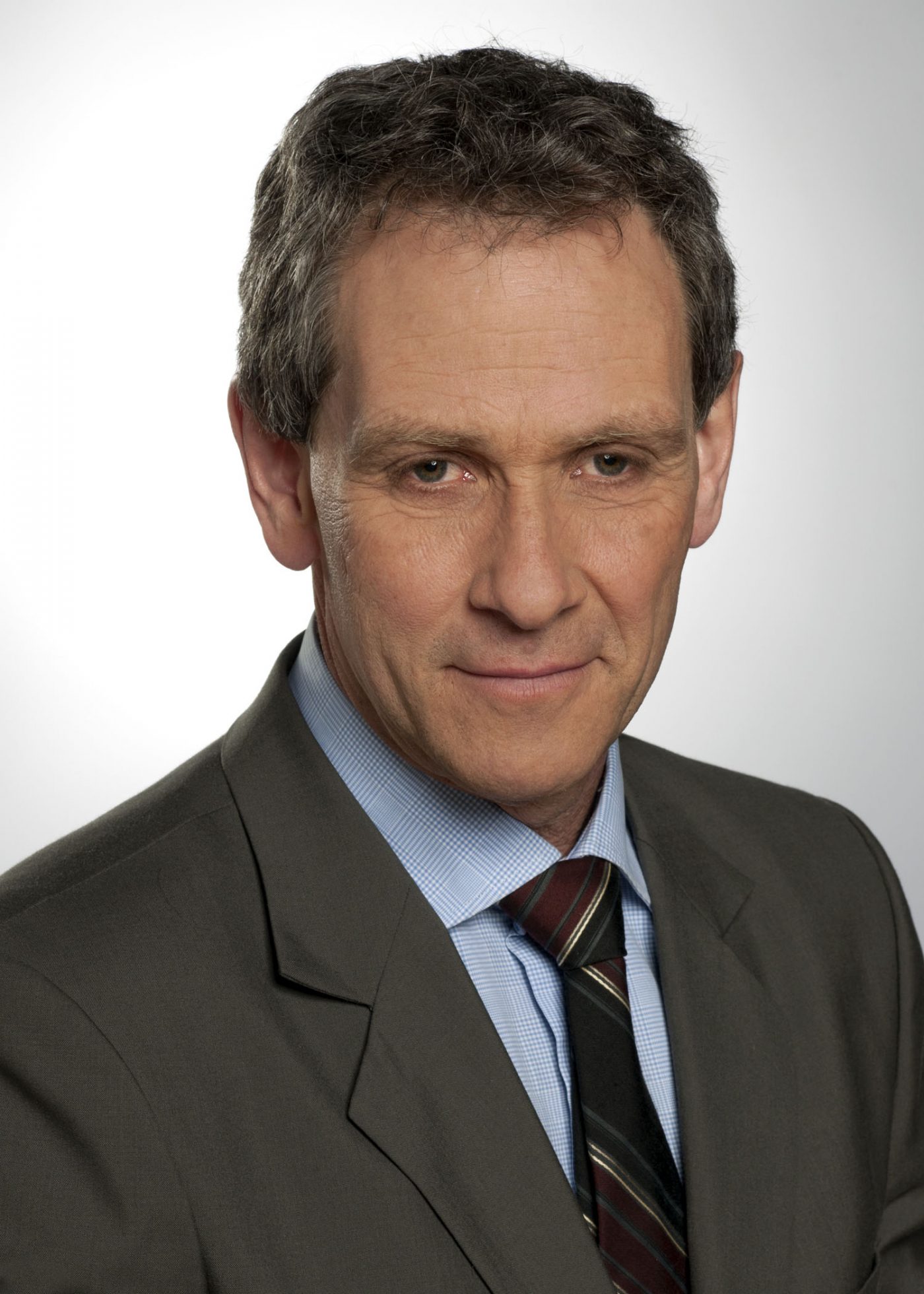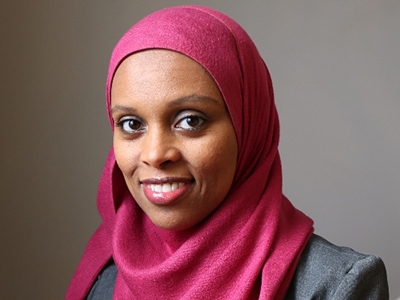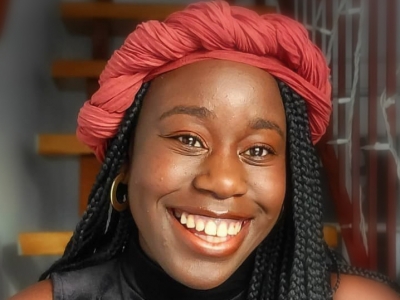By Karen Kelly
This profile was part of the Faculty of Public Affairs’ 75 for the 75th series, which highlighted 75 notable alumni in FPA in honour of Carleton University’s 75th anniversary. These stories were published in 2016 and 2017.
Executive Director, News and Current Affairs, Société Radio-Canada
Bachelor of Journalism (’79)

It’s been 38 years since Michel Cormier graduated from Carleton, but he still hangs on to the English-French dictionary that he brought with him from New Brunswick that first year.
“It’s in bad shape, filled with underlined words. I always had it with me that first semester,” recalls Mr. Cormier, who grew up in the tiny francophone community of Cocagne, New Brunswick. “I got in on some kind of regional quota and I arrived to find the journalism program was very competitive and demanding. It was a boot camp atmosphere.”
He remembers professors who were well-known journalists, such as Tony Westell and Joe Scanlon, who “scared a lot of people.”
“The standards were high and the principles were non-negotiable,” he recalls. “It was the defining moment of my professional life. They taught us the craft and how to practice it honourably.”
Those lessons propelled Mr. Cormier—a kid from “nowhere”—to the top echelons of Canadian journalism and around the world.
His career began in Moncton, where he was a television reporter for Radio-Canada. He then moved to Montreal to produce television documentaries and then to Ottawa to cover Parliament for Radio-Canada and CBC Radio. In 1996, he was named Radio-Canada’s bureau chief at the Quebec National Assembly.
During this period, he covered the demise of the Meech Lake Accord, the Charlottetown Accord, the birth of the Reform Party and the Bloc Québécois, and the referendum on Québec sovereignty.
He also acquired a master’s degree in political science from Laval University, seeking “more profound tools of analysis.”
Throughout his already successful career, Mr. Cormier kept his eye on the foreign postings that would come up from time to time. In 2000, the job in Moscow was available, and his bilingualism proved to be an asset.
“I moved to Moscow with my wife and three young kids,” he recalls. “Then the 9/11 attacks hit, and I was on the first plane to the capital of Tajikistan.”
Mr. Cormier was one of the first journalists to enter Afghanistan after 9/11.
“My Russian cameraman and I flew in an old helicopter to the house of Ahmad Shah Massoud—the Afghan military commander who led the resistance against the Soviet occupation. He had been killed in his home two weeks earlier,” he recalls. “There was still smoke and debris, but that’s where we set up camp. It was a bit surreal.”
Mr. Cormier was in uncharted territory—there were no daily press briefings, official contacts, and virtually no other journalists.
“I just got up each day and went out looking for a story. We went to the front with the soldiers—some were boys of 14 or 15. We saw the refugees streaming in from the south. We saw the martyrs who were prepared by a local imam to sacrifice themselves in battle,” he remembers. “Sometimes your game goes up a level and that’s what happened to me. I was confronted with life and conflict at a fundamental level.”
Mr. Cormier had been a “hard-nosed political reporter” when he arrived, but he says he began to question how journalists operate.
“I realized that we would bring in cameras and trample over people’s lives and then leave. But they were stuck there,” says Mr. Cormier, who also served as foreign correspondent in Beijing. “I remember a UN project that trained women in radio in Kabul. Some of these women were eventually killed for speaking publicly. It raises the dilemma of foreign involvement in foreign societies, however well-intentioned.”
Today, those experiences inform Mr. Cormier’s leadership as he sets the editorial line and journalistic standards for the Radio-Canada news network. Whether overseeing reporting in war zones or monitoring the “fake news” cycle, he’s still influenced by his time in journalism school.
“The fact that you could be from nowhere and treated with the same consideration and attention as anyone has stayed with me,” he says. “We were judged on our abilities as journalists and writers. That was the standard. I am forever grateful for that.”
Friday, February 17, 2017 in #FPA75, Career Paths, Journalism
Share: Twitter, Facebook



